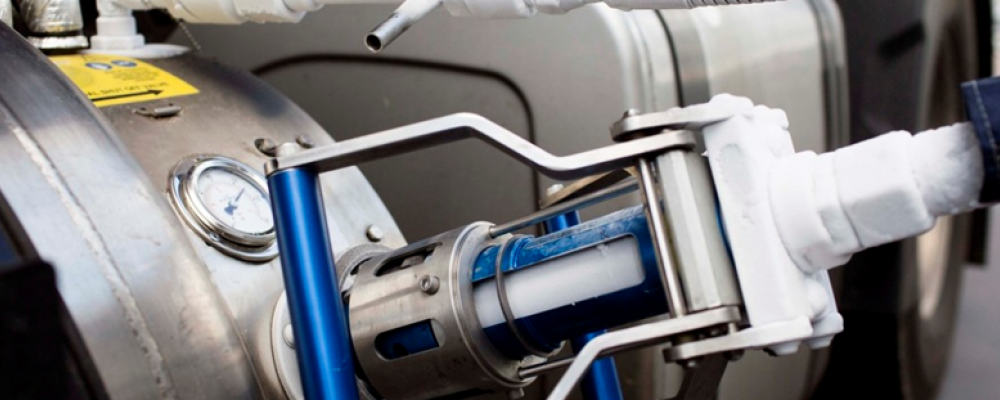
With the launch of a joint Interreg project, the Netherlands and Germany have joined forces in making shipping cleaner and more sustainable. The various project partners were given the challenge of using new technologies to realise these objectives. However, the introduction of these new technologies also demands the correct education of the staff involved.
The challenge
Innovam was asked to contribute its knowledge and experience in the field of ‘blended learning’ to evaluate which current methods best match these innovations so that the new training programmes and the training of staff on ships and in ports can be organised as effectively and sustainably as possible. In addition to searching for the correct methods, a varied range of training materials will be developed so as to test whether this approach really does lead to the desired learning effect. In this respect, the existing classroom training ‘Introduction to LNG technology’ has been indicated as being the leading topic and forms the theme on which the new ‘blended’ training materials will be developed.
How
In collaboration with its project partners, Innovam was the first to carry out a target group survey. This analysis exposes who the target group is, but also how it learns and improves knowledge and skills. Additionally, a study was also conducted on their access to future teaching material and whether offering online material would cause problems due to no or limited access to the Internet. The various training materials to be developed, will be designed on the basis of these results. The existing classroom training programme ‘Introduction to LNG technology’ was selected as the starting point. This classroom training programme has been converted into a Blended Learning variant – a combination of an e-learning module and a shortened classroom component. E-learning with interactive animations enables the participant to follow classes and study the available theory at his or her own individual speed and on demand. The shortened classroom training programme focuses on the required practical skills. While participating in the training programme, data is collected regarding whether and how the student follows the course and the results he or she attains for the various components. This is important in view of the final examination. This examination guarantees an extension of competence for working with LNG fuels and systems. In addition to the e-learning and classroom materials, two extra training components are also being developed in which Augmented and Virtual Reality are used to test whether these new technologies represent any added value in the learning result that is to be achieved. If this is successful, these innovative technologies will be used more frequently in the development of blended training materials.
The result
The target group analysis has created a clear picture of who the target group is and how it learns. This has been used to define a blended package of teaching materials. These will be developed in 2017. At the end of 2017, tests will be carried out to evaluate whether and how these materials can contribute to the improvement of the target group’s learning results. The package of teaching materials and the innovative approach enable the participants to learn at their own individual speed and to prepare for the final examination. Consequently, employers do not have to miss their staff for long and the success rate rises. Moreover, participants now have the opportunity to follow parts of the training programme on board ship, making them less dependent on the often limited times that they are berthed at the quayside.
